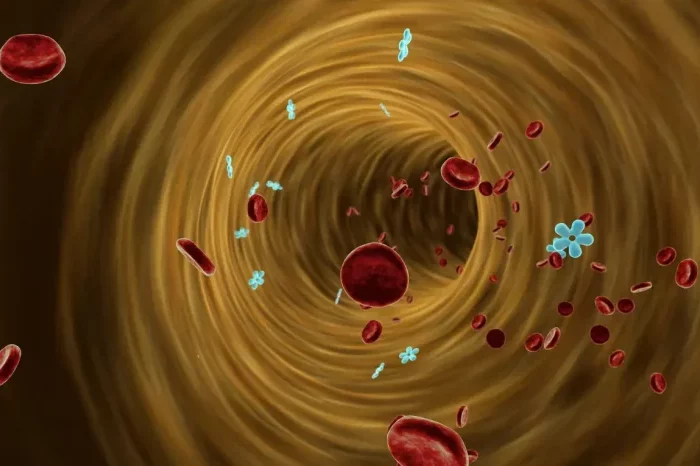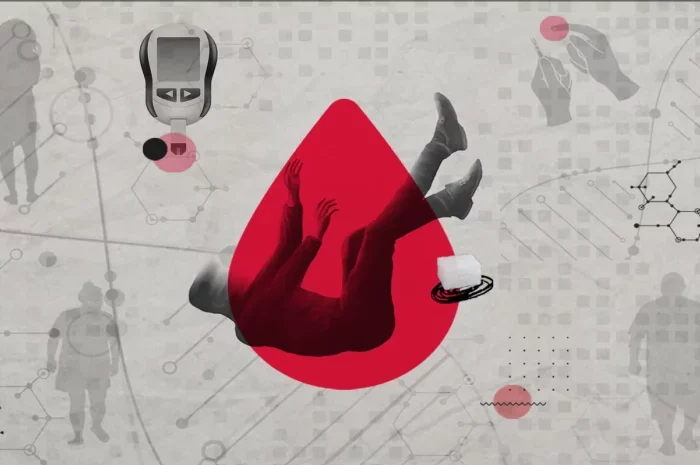Type 1 diabetes, a chronic autoimmune condition characterized by the body’s inability to produce insulin, has long been considered irreversible.
However, recent advancements in research and treatment modalities have prompted investigations into the potential for reversing or halting the progression of this disease.
In this comprehensive guide, we delve into the current understanding of type 1 diabetes reversal, examining emerging strategies, interventions, and real-life cases that offer hope for individuals living with this condition.
Understanding Type 1 Diabetes
Type 1 diabetes arises from the immune system mistakenly attacking and destroying insulin-producing beta cells in the pancreas. Without insulin, glucose cannot enter cells to provide energy, resulting in elevated blood sugar levels and various complications. Traditionally, managing type 1 diabetes involves lifelong insulin therapy to regulate blood sugar levels.
Current Treatment Approaches
Insulin therapy remains the cornerstone of type 1 diabetes management, providing the necessary hormone to regulate blood sugar levels and prevent complications.
Multiple daily injections or insulin pumps are commonly used for precise insulin delivery. Continuous glucose monitoring (CGM) technology has revolutionized diabetes management, offering real-time data on blood sugar levels to guide treatment adjustments.
Emerging Research on Type 1 Diabetes Reversal
Recent research has explored various approaches aimed at reversing or halting the progression of type 1 diabetes.
Immunotherapy, which seeks to modulate the immune system’s response, shows promise in preserving beta cell function. Experimental treatments, including antigen-specific immunotherapy and stem cell transplantation, aim to induce immune tolerance and preserve beta cell mass.
Immunotherapy involves altering the immune system’s response to prevent further destruction of insulin-producing beta cells.
Antigen-specific immunotherapy targets specific immune cells involved in the destruction process, while stem cell transplantation aims to replace damaged beta cells with healthy ones. These approaches hold promise for preserving or restoring beta cell function in individuals with type 1 diabetes.
Diet and Lifestyle Interventions
Certain diet and lifestyle interventions have shown potential in improving blood sugar control and reducing insulin requirements in individuals with type 1 diabetes.
Low-carbohydrate diets, which minimize high-glycemic foods, can help stabilize glucose levels and reduce insulin doses. Regular exercise, stress management techniques, and sufficient sleep are also essential for holistic diabetes management.
Case Studies of Type 1 Diabetes Reversal
While complete reversal of type 1 diabetes remains rare, there have been documented cases of individuals experiencing partial remission or significant improvements in beta cell function.
One notable case involves a patient who underwent experimental immunotherapy and experienced a prolonged period of insulin independence. Although such cases are not yet commonplace, they offer valuable insights into the potential for reversing type 1 diabetes.
Managing Expectations and Realistic Goals
It’s essential to approach the topic of type 1 diabetes reversal with realistic expectations.
While advancements in research hold promise for improved outcomes, complete reversal of the disease may not be achievable for everyone. Individual responses to treatment can vary, making it challenging to predict outcomes accurately.
Exploring Promising Frontiers
Exciting developments in research continue to push the boundaries of what’s possible in the realm of type 1 diabetes reversal.
From groundbreaking immunotherapies to innovative stem cell therapies, the future holds promise for novel approaches that may one day lead to a cure for this chronic condition.
Incorporating Lifestyle Factors
Moreover, lifestyle factors play a crucial role in managing Type 1 Diabetes and may contribute to better glucose control and reduced insulin requirements.
Strategies such as adopting a low-carbohydrate diet, engaging in regular exercise, managing stress, and ensuring adequate sleep can complement medical treatment and improve overall health outcomes.
Conclusion
In conclusion, while the concept of reversing type 1 diabetes remains a tantalizing prospect, it’s crucial to approach it with caution and realism.
Ongoing research and advancements in medical science offer hope for improved treatments and outcomes for individuals living with type 1 diabetes. By exploring innovative approaches, such as immunotherapy and lifestyle interventions, researchers and healthcare providers are working towards a future where type 1 diabetes may no longer be a lifelong burden.
However, until then, diligent management and collaboration between patients and healthcare professionals remain essential in optimizing diabetes care and improving quality of life.

























